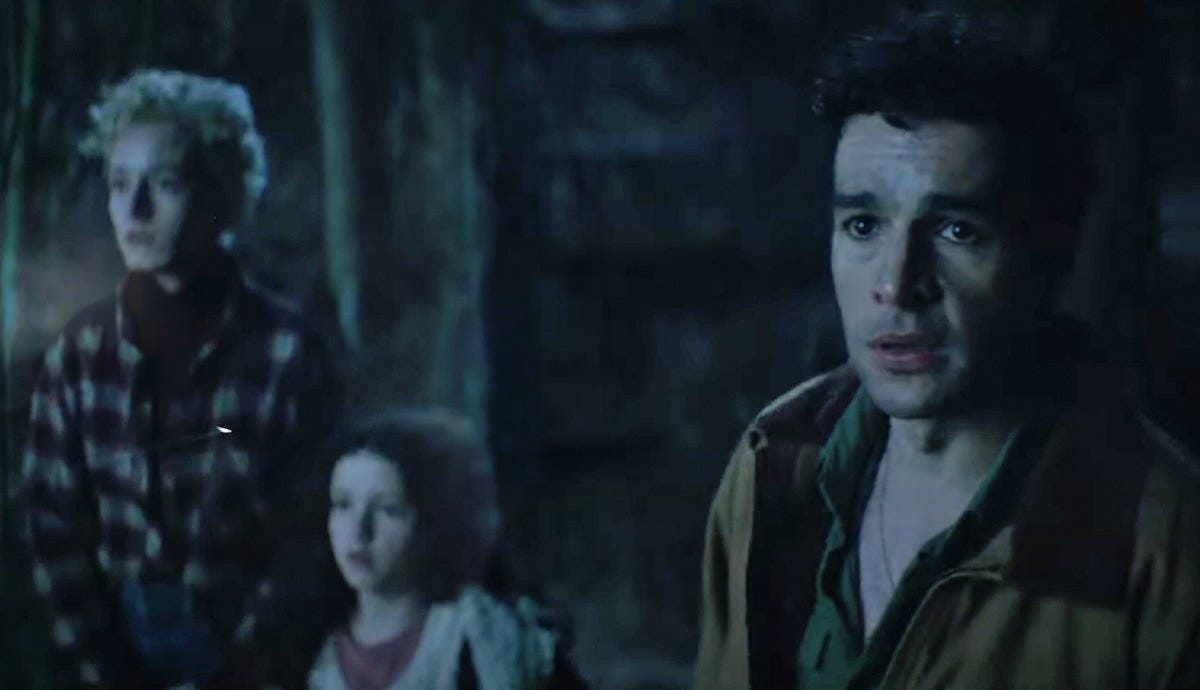'Wolf Man' Review: Leigh Whannell's Latest Doesn't Howl Like It Used To
The cast tries to muster enthusiasm for a weak script
Keep reading with a 7-day free trial
Subscribe to The Film Maven to keep reading this post and get 7 days of free access to the full post archives.





